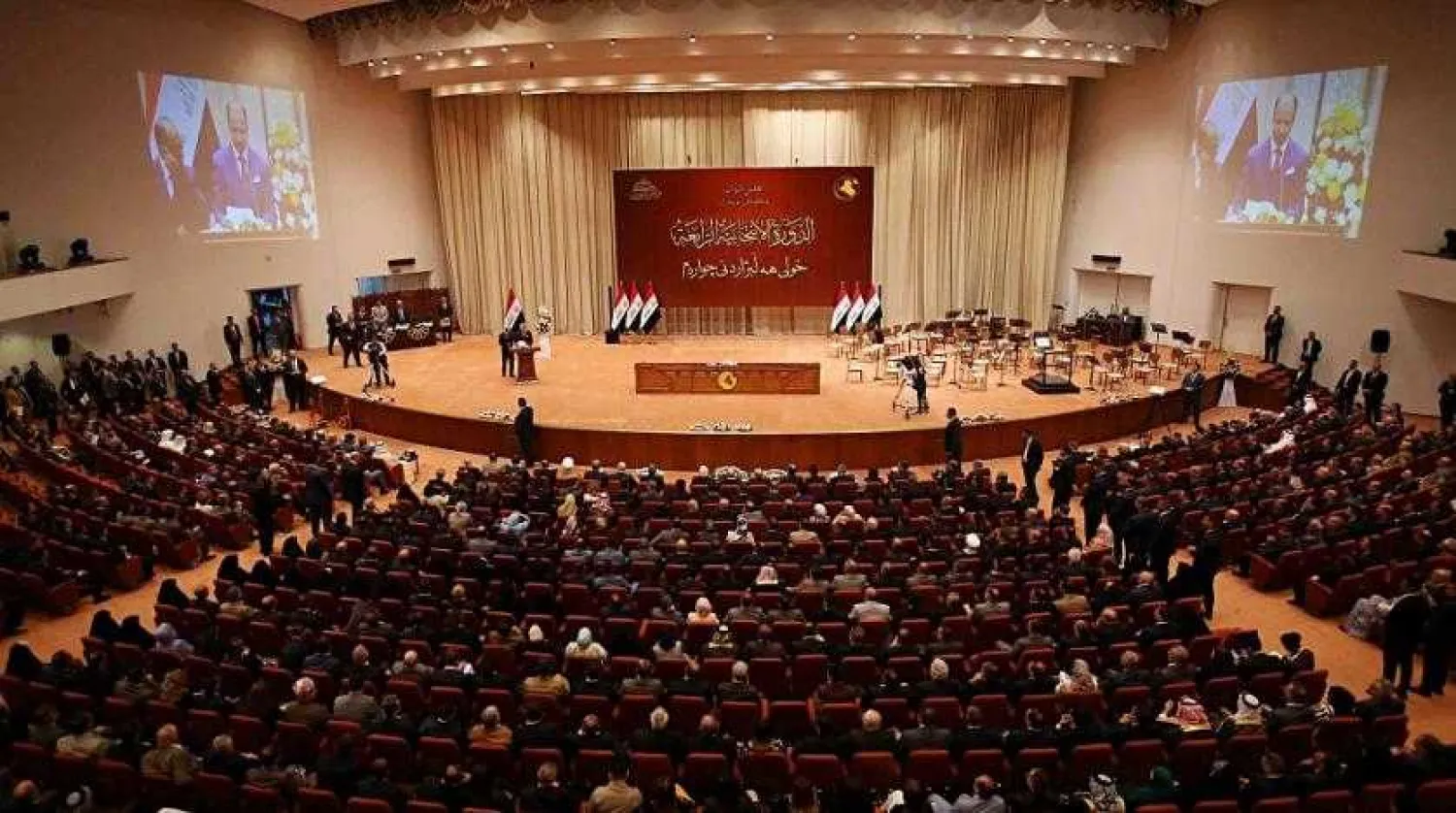The Iraqi Parliament failed on Thursday to vote on Prime Minister Adel Abdul Mahdi’s new candidates for the education and justice ministries, respectively Safana al-Hamdani and Rakan Qader Wali.
Parliament voted Wednesday on the country’s general budget for 2019. On Thursday, it was set to approve the PM’s proposal for the two cabinet posts. However, Abdul Mahdi, who should have attended the session to present some clarifications about a decision by the cabinet secretariat general to restrict the powers of deputies, failed to show up. He did not give any reasons for his absence.
Although Parliament held a normal session Thursday, it later witnessed a lack of quorum when deputies were asked to vote on the two ministerial posts and on a decision to dismiss newly appointed Education Minister Shaymaa al-Hayali from office after it emerged that her brother had appeared in an ISIS promotional video.
Hayali, who still has not taken the ministerial oath, had submitted her resignation to Abdul Mahdi late last year.
The lack of quorum came after Kurdish deputies from the Kurdistan Democratic Party withdrew from the session, refusing to vote on the candidate for the justice ministry who belongs to the Patriotic Union of Kurdistan.
“The session witnessed several objections from deputies and political blocs concerning a dispute over candidates for the two ministries and a request to dismiss the education minister from her post,” a parliamentary source told Asharq Al-Awsat.
The source said several deputies objected to dismissing Hiyali despite the video.
"Several other deputies believe that the new candidate for the education ministry has a weak portfolio amid growing problems in the sector,” the source added.
MP Mohammed al-Karbouli, a member of National Axis bloc, told Asharq Al-Awsat that no votes are expected in the coming days on the new candidates for the ministerial posts.
“The process will be postponed until the start of the new legislative season next March,” he said.









